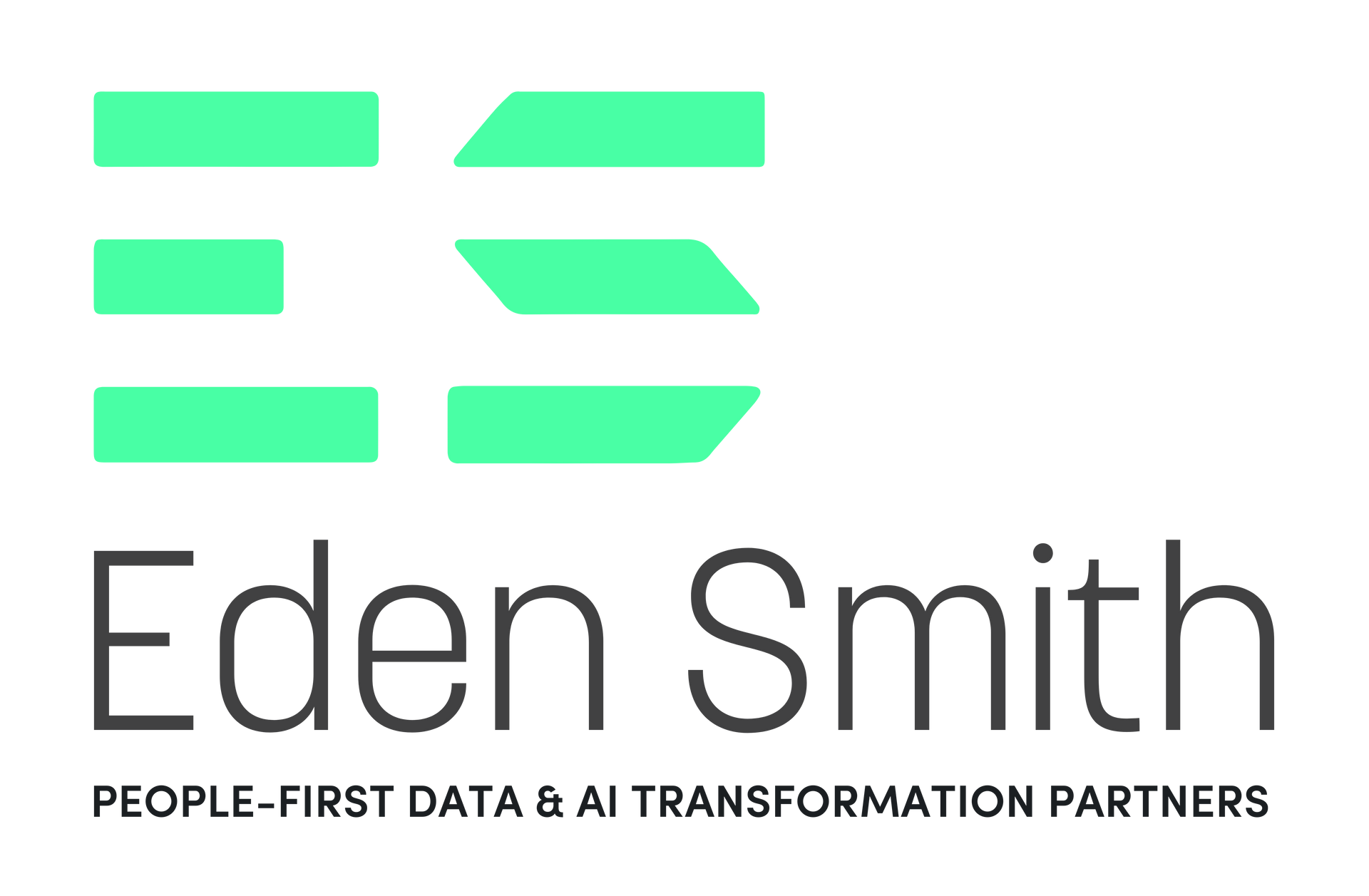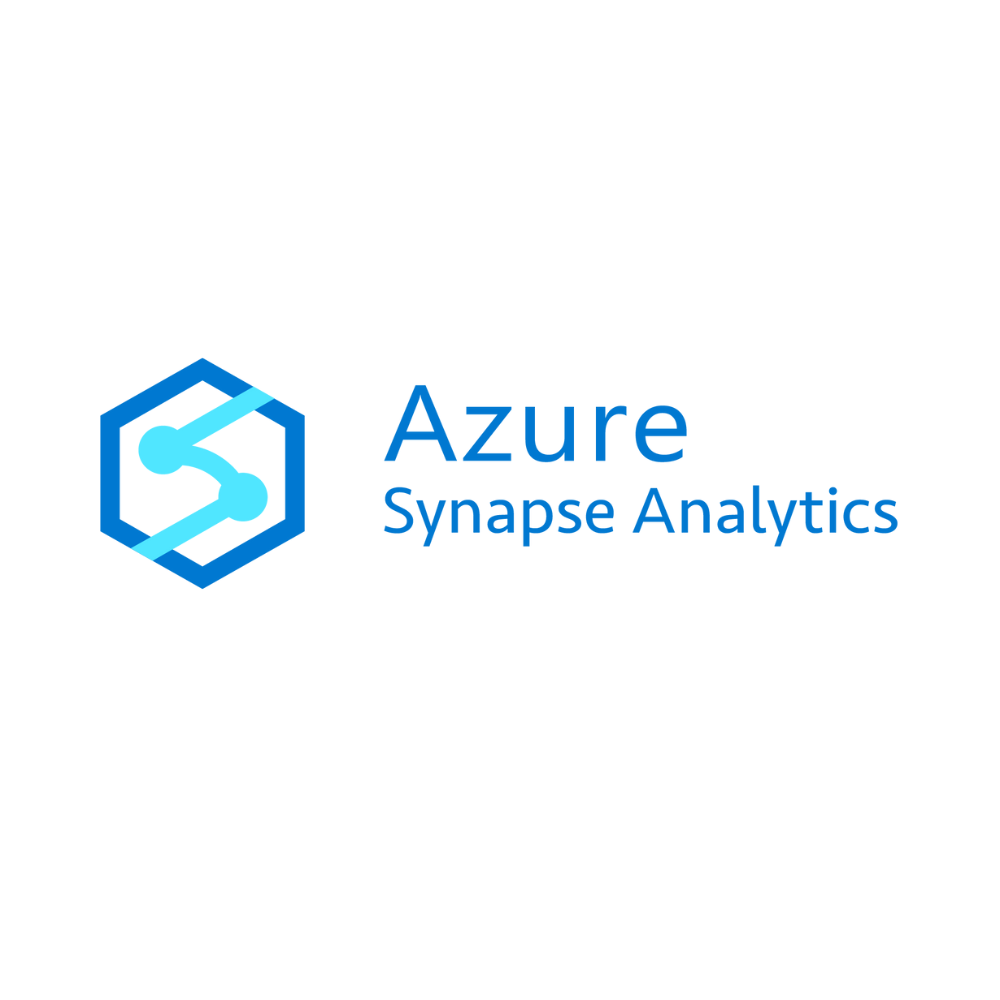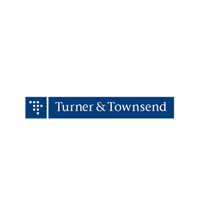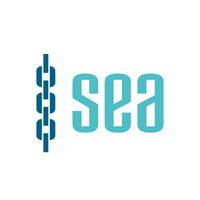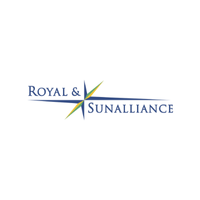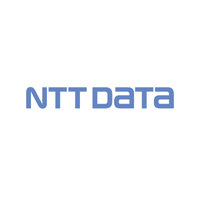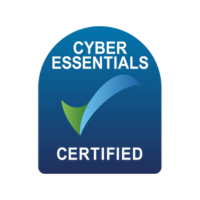Modernising Legal Data with Azure Zoned Data Lakehouse Architecture


About this project:
Migration of Legacy Data Warehouse to a Modern Azure-Based Zoned Data Lakehouse Architecture
"Eden Smith helped a global legal firm migrate from legacy on-premises data systems to a modern Azure-based lakehouse. By embedding governance, automation, and security from the ground up, the solution streamlined data management, enabled faster insights, and empowered internal teams to manage the platform independently."
Nicholas Deveney
Group Head of Data & Consulting

Executive Summary
Modernising Data Systems
Objective: A global legal firm struggled with outdated, fragmented on-premises data systems that were hard to maintain, insecure, and reliant on manual reporting. The business needed a secure, scalable solution that modernised workflows, supported SQL-skilled teams, and ensured compliance while centralising data for reliable, faster insights.
Solution: Eden Smith delivered a cloud-native Azure data platform with automated workflows, advanced governance, and secure-by-design architecture. Training and knowledge transfer empowered internal teams, while Power BI dashboards replaced legacy reporting, enabling real-time, data-driven decision-making.
Results: The organisation transitioned seamlessly to a secure, scalable cloud platform, reduced maintenance costs, accelerated reporting, and gained the internal capability to evolve independently, future-proofing data strategy.
Challenge
Solution
Outcome
Why a Global Legal Firm Needed to Replace Its Legacy Data Warehouse
Our client, a global legal firm, faced the challenge of modernising its legacy data warehouse infrastructure, built on outdated on-premises systems. These systems were becoming increasingly difficult to maintain, lacked the necessary flexibility and scalability and posed security risks, which was especially critical given the sensitive nature of legal data.
The Firm relied heavily on manual processes and legacy SSRS reporting tools which limited agility and slowed down decision making. Additionally, data was not centralised and held across multiple sources, including APIs and Microsoft Access to Oracle and Axia and formats making it hard to consolidate and analyse efficiently.
A key requirement for the business was to ensure continuity in reporting while empowering internal teams, who were more familiar with traditional SQL based tools, to manage and evolve the new platform independently as well as maintaining strict governance and security protocols. Upskilling and knowledge transfer were essential to ensure long-term sustainability and independence in managing the new platform.
Eden Smith designed and deployed a cloud-native data platform using Azure technologies, including Azure Data Factory, Data Lake Storage, Synapse and Power BI. This modern architecture enabled seamless ingestion and processing of data from a wide range of sources, streamlining operations through a flexible, metadata-driven framework that automated data workflows.
To ensure robust data governance, a custom-built data tool was integrated to automate and manage data workflows, ensuring data quality and compliance throughout.
The project prioritised knowledge transfer, training the inhouse team in Azure Synapse and Python based workflows to modernise data processing while building on their existing SQL expertise.
Reporting capabilities were enhanced by migrating dashboards based on Power BI usage analytics, and new insights were developed to improve decision making. A “secure by design” approach was embedded from the ground up, incorporating advanced measures such as encryption, private connectivity and data masking to protect sensitive information.
Delivering Secure, Scalable Data Solutions with Azure Technologies
Key outcomes included:
- Successfully transitioned from legacy on-premises systems to a scalable, cloud based data platform, reducing maintenance and improving agility.
- Implemented a “secure by design” architecture ensuring compliance and protection of sensitive legal data
- Migrated legacy reports and developed new dashboards using Power BI, enabling faster, data-driven decision-making across the organisation.
- Delivered targeted training in Azure and Python, empowering in-house teams to manage and evolve the platform independently, future-proofing the organisation’s data capabilities.
